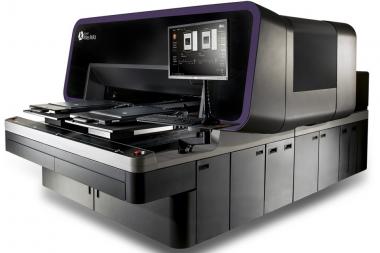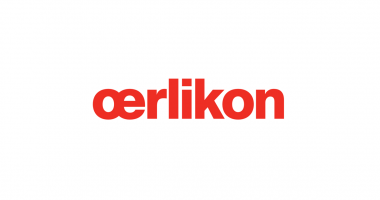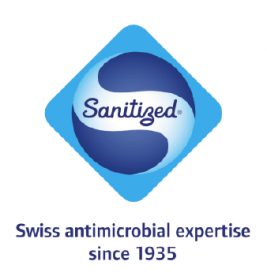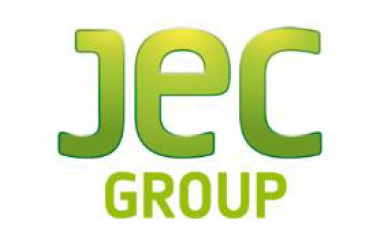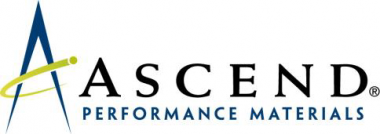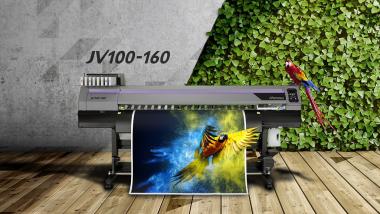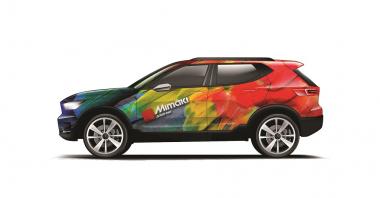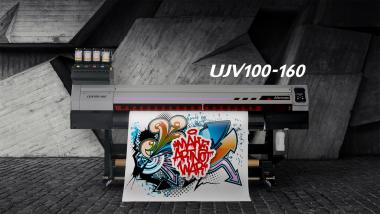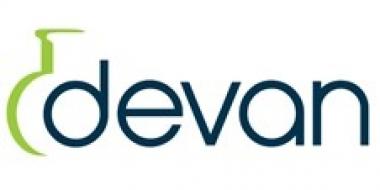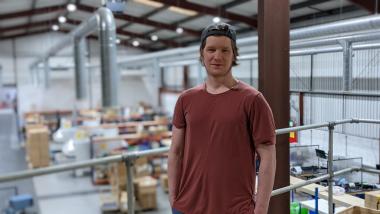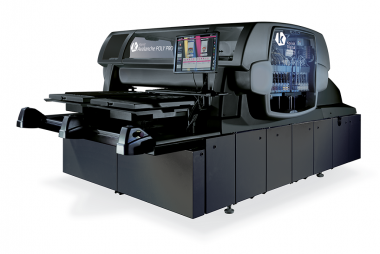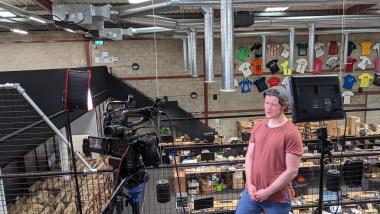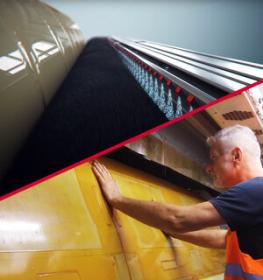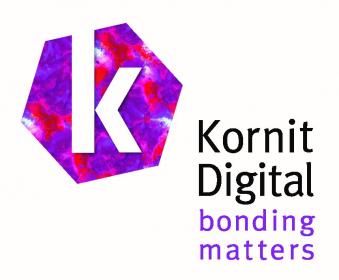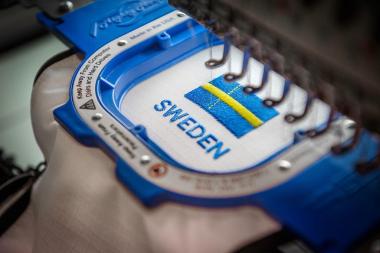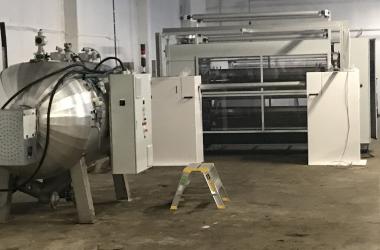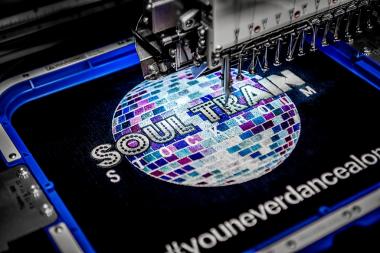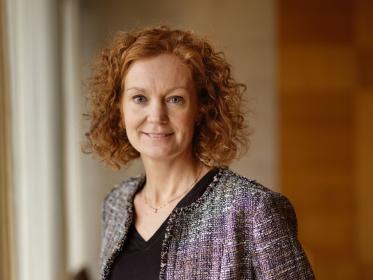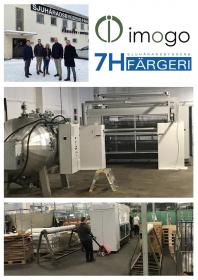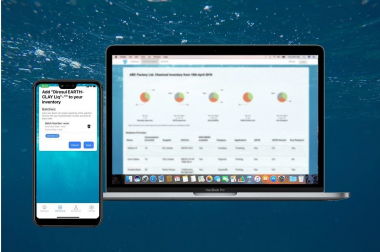Kornit Digital Announces MAX Technology
Kornit Digital announced the release of its new MAX technology, establishing a new standard for on-demand fashion and apparel production.
A key feature of Kornit’s MAX technology is XDi, which delivers revolutionary 3D capabilities for new, high-density graphic decoration that can simulate embroidery, vinyl, and heat transfer in a single, waste-free digital process. The new XDi, which is based on Kornit’s patents, allows fulfillers and brands to expand their offerings to include new-to-market, innovative decorations without the inefficiencies and cost of operating analog technologies.
Introducing Kornit Atlas MAX and ActiveLoad Automation
Kornit also debuted the ActiveLoad Automation technology, a new robotic system to significantly ease the burden of manual and labor-intensive media handling in the textile decoration industry. This increases total output per shift while ensuring minimal downtime and exceptional reliability. The new patent pending ActiveLoad Automation technology ensures continuous production and consistency, while decreasing human error and fatigue, regardless of employee experience and training, for ultimate results and best operational efficiency.
The first product with MAX technology is now commercially available in the Kornit Atlas MAX, a carbon-neutral, industrial-scale DTG production system, providing unsurpassed retail quality, exceptional color-matching capabilities, and a wide, vivid color gamut, with exceptional durability. The Atlas MAX is delivered with the new XDi technology built in, for 3D printing capabilities.
Kornit Digital textile printing digital printing machines digital printing 3D printing
pr4u


